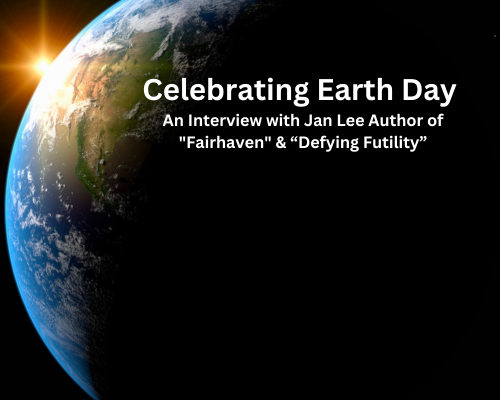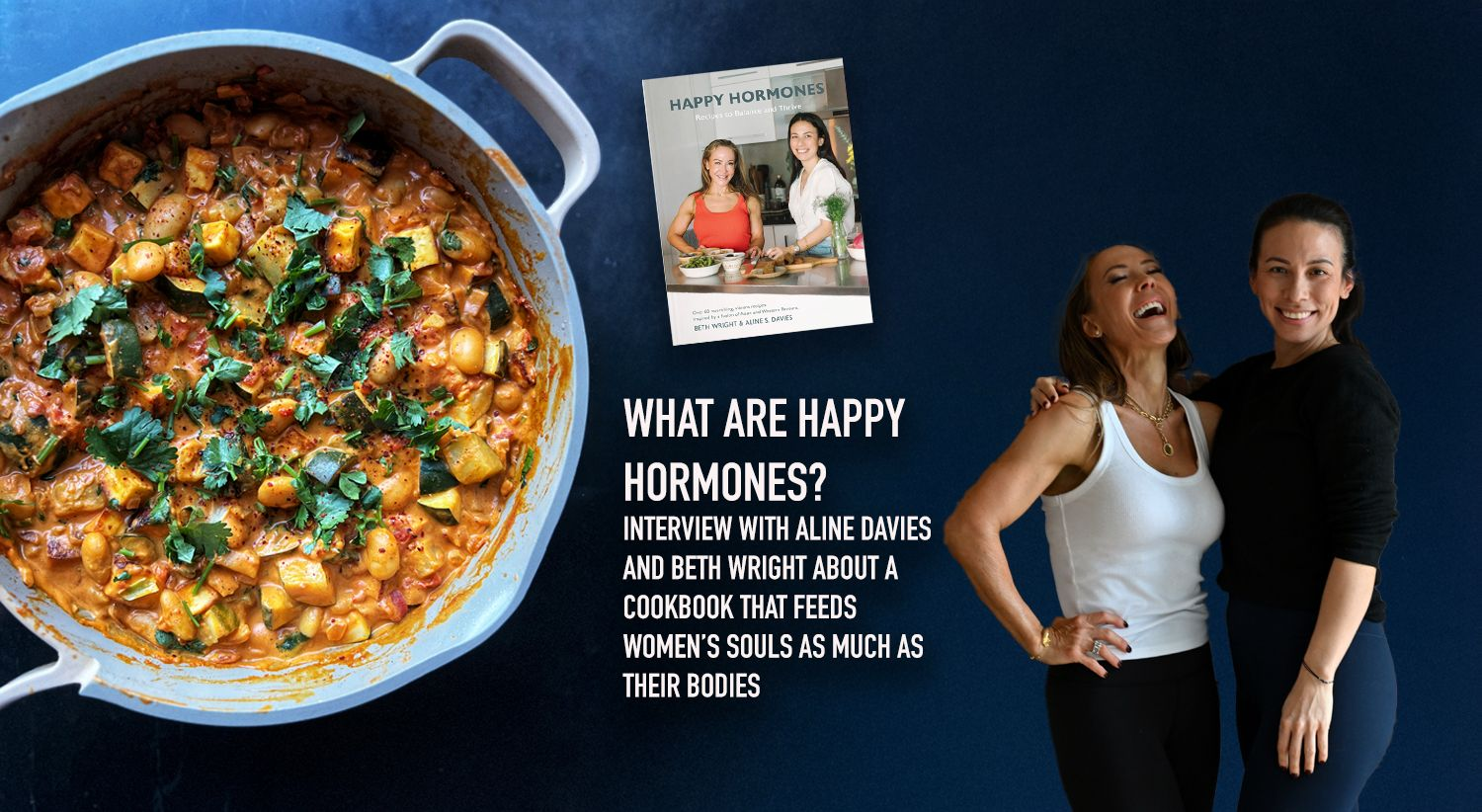As Earth Day soon approaches, the Bookazine Editorial team was thrilled to sit down with Jan Lee, the author of "Fairhaven: A Novel of Climate Optimism." In this enlightening conversation, we explore Jan's passion for writing climate fiction, her rigorous research methods, and her approach to character development in a genre that seeks to inspire hope and encourage action against climate change.
Thank you, Jan, for taking the time from your busy schedule to share your insights with us!
What sparked your passion for writing climate fiction?
My passion for climate fiction emerged from the intersection of my hobby—writing science fiction—and my professional background in sustainability. I began defining my work as climate fiction around 2020, as awareness of the "cli-fi" genre grew. This was catalyzed by Kim Stanley Robinson's impactful book Ministry for the Future and the launch of the "Imagine 2200" climate fiction contest by Grist magazine.
Could you share the research process you undertook while writing your books on climate change?
A significant portion of the information in Fairhaven stems from the professional expertise of my co-author, Steve Willis, and myself. Steve is actively involved in the industry, working on large-scale projects to combat climate change, while I have years of experience in corporate sustainability. We stay engaged with the latest developments in the field by collaborating with climate scientists and fellow creators. Notably, Fairhaven was previewed at the COP28 climate conference, and our second book, Defying Futility, was presented at COP29.
How do you approach character development in stories centered around climate change?
We focus on climate optimism, promoting the idea that taking an active role in addressing climate change is far better than succumbing to despair. This perspective allows for a diverse array of characters, from engineers and politicians to HR managers, fishermen, and social media content creators. What connects them is their commitment to climate action within their respective spheres.
What response do you hope to elicit from readers regarding the themes in your book?
We aim for readers to see themselves in our stories and think, "Hey, I could get involved!" In Defying Futility, we want readers to leave with the conviction that, regardless of how inevitable disaster may seem, it is both possible and necessary to take action to avert it. Whether facing the larger challenge of climate change or smaller crises, it’s crucial to understand that the future is not as predetermined as it may appear.
What challenges did you face while writing about such a complex and often overwhelming subject?
One significant challenge in crafting near-future narratives is that real-world events can quickly outpace your plot. For instance, when we began writing Fairhaven, we didn't foresee the world reaching a 1.5°C temperature increase as early as 2024. Additionally, while our story predominantly reflects an Asian perspective, climate change is a global issue. This necessitated extensive research to include varied viewpoints from around the world. In both Fairhaven and Defying Futility, we relied on accuracy readers to ensure we accurately depicted characters from countries like Malaysia, Japan, Brazil, China, and Indonesia.
How do you balance storytelling with conveying important messages in your writing?
Striking a balance between educating and entertaining is essential for us. Our characters take action—working on climate projects, overcoming challenges, and navigating personal journeys—rather than simply lamenting the problems. This dynamic not only engages readers but also allows for diverse narratives, including love, heartbreak, and even unexpected adventures, like getting kidnapped by pirates!
What’s the best and worst advice you've ever received?
The best advice came from one of our Malaysian accuracy readers, who suggested that our Malaysian characters needed to discuss food more authentically. The worst advice I received was someone telling me that "nobody reads physical books anymore—just publish an eBook." In reality, readers retain more from physical books and often perceive them with greater seriousness.
If you could invite any guest to dinner, who would it be and why?
I would invite a Hollywood producer with a significant budget, someone searching for a book to adapt into a new series. I envision a "Green Mirror," an alternative to the bleak worlds depicted in "Black Mirror." We have some exciting ideas to share!
Which book character would you like to swap lives with for a day?
If limited to characters from our books, I would choose Kenji Fujimoto. He works on a project to re-freeze the Arctic and spends much of his time in Svalbard and northern regions. I've never witnessed the aurora borealis, but he probably enjoys that stunning spectacle regularly.
What are you currently reading that you can’t get enough of?
I'm currently re-reading Passage by Connie Willis. Fans of the first story in Defying Futility will see why—it also uses the Titanic as a powerful symbol of disaster, albeit in a different context.
Are there any upcoming projects we should look forward to?
Defying Futility serves as a standalone companion to Fairhaven, rather than a sequel. However, we’ve already completed the first draft of a genuine sequel to Fairhaven—currently untitled, so we’re calling it Fairhaven 2. In it, we’ll reunite familiar characters and introduce new ones as they confront an unexpected threat.
What advice do you have for aspiring writers?
Get involved in the literary community! Joining groups like the Hong Kong Writers Circle, Women in Publishing Society, Peel Street Poetry, or WriteorDie Hong Kong can alleviate the solitary nature of writing. It offers support, accountability, and valuable opportunities for feedback and growth.
Your book explores a hopeful vision for our planet's future. Unlike typical climate fiction that often presents dystopian scenarios, are you hopeful about the future?
There’s a vast spectrum between utopia and total collapse. As depicted in Fairhaven, I believe things may worsen before they improve. However, human ingenuity is boundless and often surprises us. Ultimately, I encourage a shift in perspective about the future. Instead of looking back and wondering, "What if I had acted then… how different would our present be?" I hope readers will consider, "What if I take action now… how different could our future be?"
Thank you very much for your time, Jan.
Happy Earth Day, everyone!
You can find a copy of Jan Lee's book at Bookazine or the link below:


